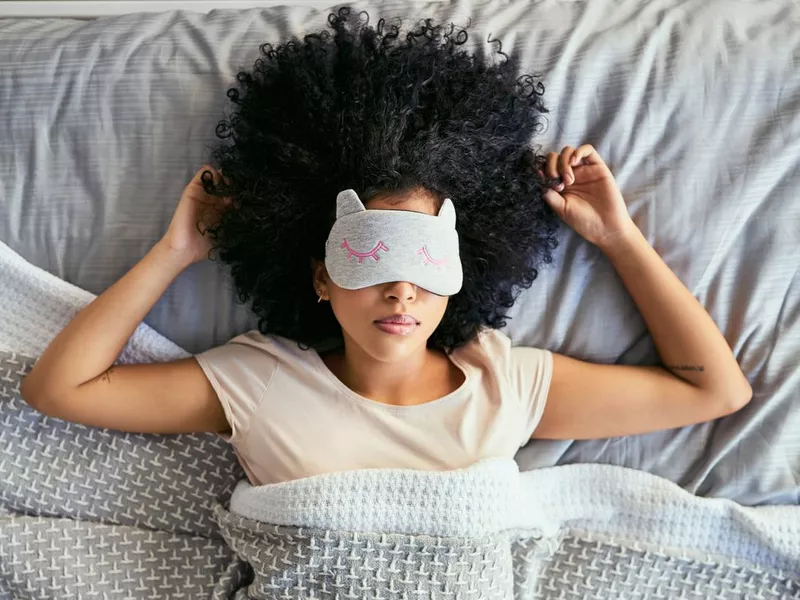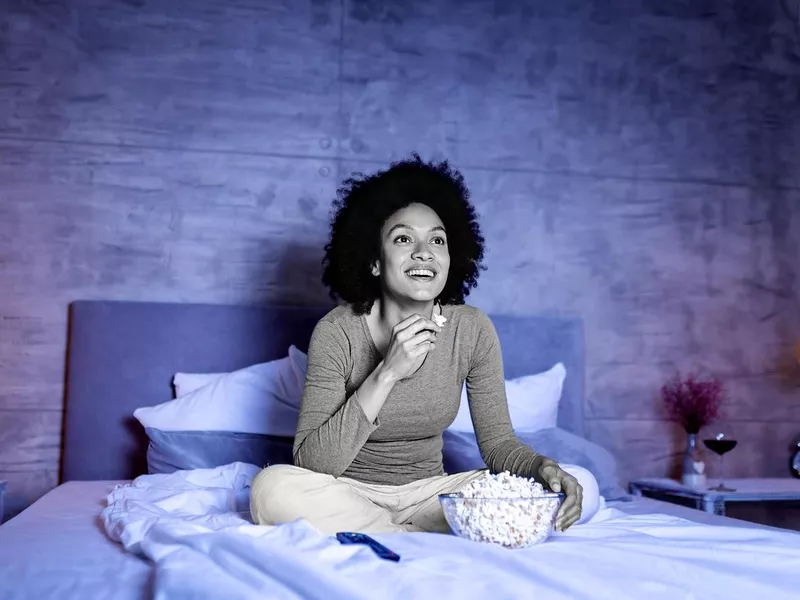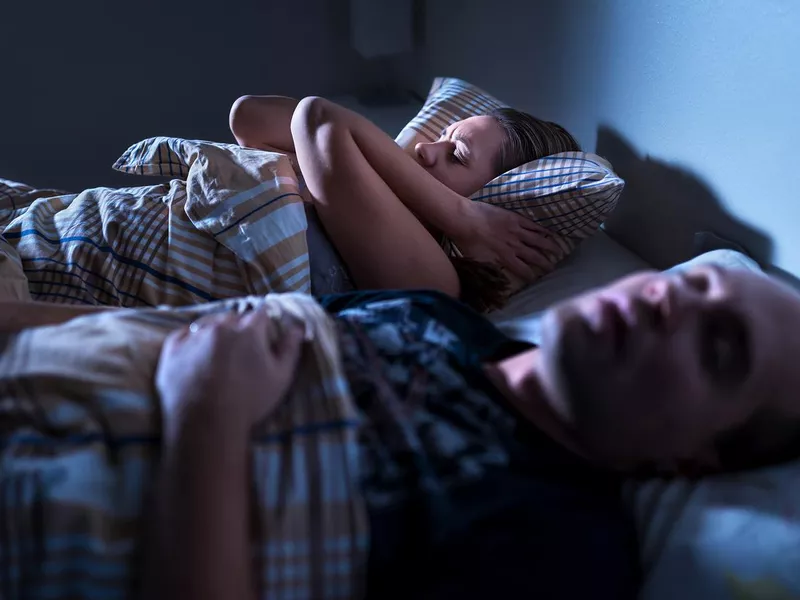Do you toss and turn at bedtime, wake often in the night or get up feeling tired in the morning? Studies show that not getting enough sleep or having poor quality sleep can increase your risk of developing health conditions such as obesity, heart disease and diabetes. Poor sleep is also strongly linked to depression and can also affect social skills and emotional intelligence.
Sleep deprivation and sleep disorders have a huge social impact as well. More than a third of American adults don’t get enough sleep on a regular basis. In the U.S., drowsiness is a factor in about 20 percent of automobile crashes, and poor sleep costs the American economy roughly $10 billion annually in lost productivity, health costs and property and environmental damage.
However, there are things you can do to improve your ability to fall asleep faster and stay asleep longer during the night. These include establishing a regular routine before bed, consuming certain food and drinks that induce sleep, following some easy health and exercise tips, and finding ways to set up your bedroom to optimize sleep.
From sleep meditation to muscle relaxation exercises, here’s our list of the 30 best things you can do before bed to ensure you get a restful night’s sleep.
30. Make Getting Good Sleep a Priority

Getty Images
Sleep often suffers as a trade-off with other activities, such as spending time with family or friends, work or study. What many people don’t realize is that good sleep is as important to health as eating well or exercising. Many immune system functions and body repair processes happen at night while you’re sleeping.
Most adults need at least seven to eight hours of restful sleep a night because good sleep is essential for good health. Sleeping long enough and deeply enough optimizes productivity, concentration, athletic performance and immune function, which is why one of the best things you can do for your health is to make your sleep a top priority.
Want to sleep better and have more mental and physical energy when you are awake? Download Loóna, an award-winning sleep app that uses art, guided meditation, storytelling and science to help people unwind, relax and get more restful sleep.
20. Have a Bedtime Snack

vladans / Getty Images
If you get the late-night munchies, try snacking on foods that will actually help you sleep better. Popcorn triggers production of tryptophan in the body, an amino acid that helps your body feel sleepy. Nuts, such as almonds, walnuts or pistachios, are a natural source of melatonin, the hormone that helps the body to fall asleep, and are loaded with healthy omega-3 fats and magnesium, both of which improve sleep quality.
Having some nut butter on toast is an easy way to get both carbs and nuts together. Other good snacks include cottage cheese and crackers, which provide tryptophan and carbs, or yogurt and bananas, which provide tryptophan and magnesium.
1. Check for Possible Health Issues

Tero Vesalainen / Getty Images
If you have tried a number of things on your own to improve your sleep quality or help you fall asleep faster, and you’re still having trouble, make sure there isn’t an underlying health issue that might be causing your sleep issues.
Get a medical checkup and share your concerns with your doctor. He or she may want to do further testing. You might also want to get a referral to a sleep specialist, who can perform more testing or use monitoring equipment to track your sleep quality and duration. One study estimated that 9 percent of women and 24 percent of men have sleep-disordered breathing issues.
Want to sleep better and have more mental and physical energy when you are awake? Download Loóna, an award-winning sleep app that uses art, guided meditation, storytelling and science to help people unwind, relax and get more restful sleep.